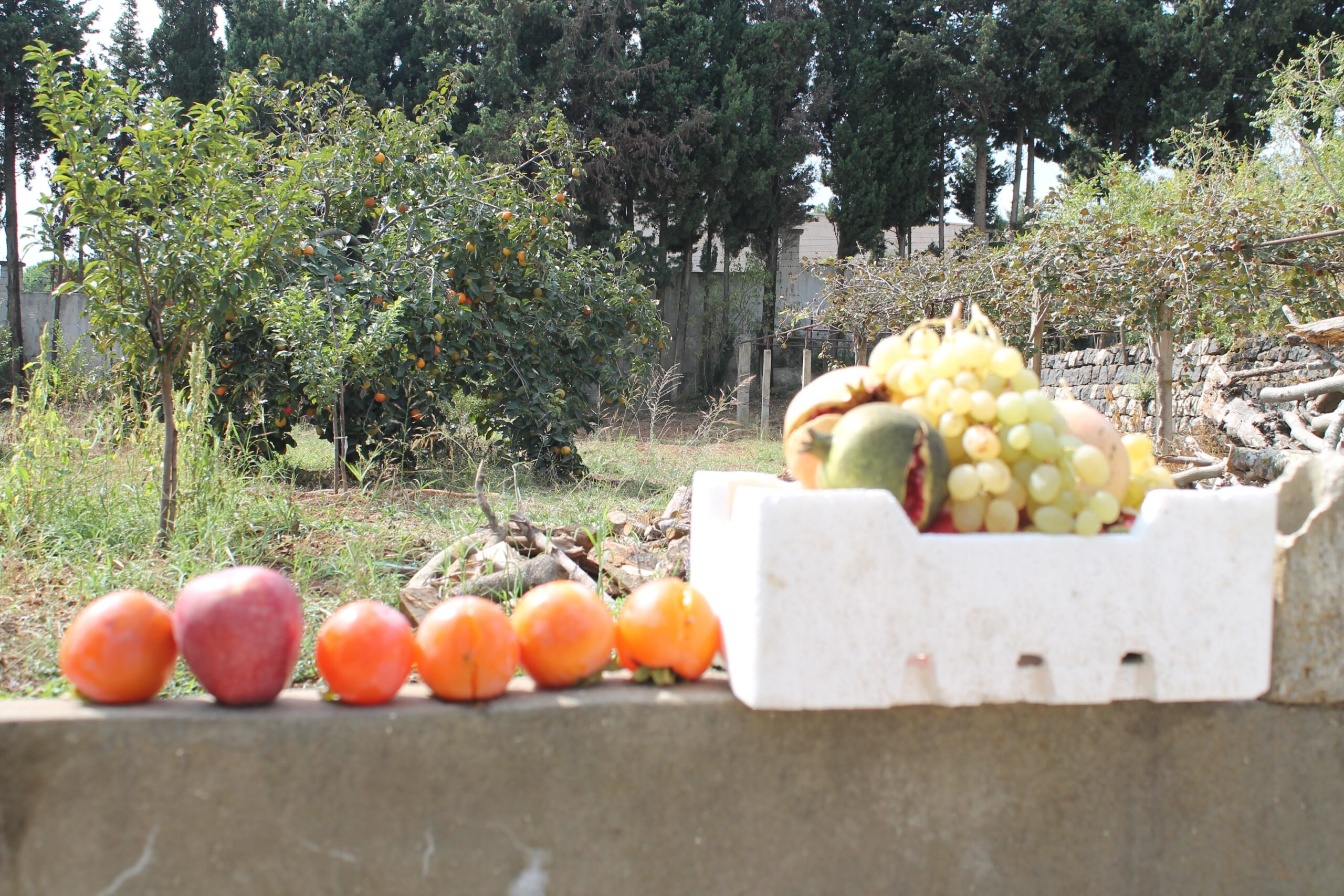Food has always been present in our household, in one way or another, somewhere.
Growing up in a family deeply rooted in culinary traditions, my most vivid memories are tied to the act of preparing and preserving food. These memories are also linked to my family’s origins in Andket, a small village in the far north of Lebanon, part of the Akkar province.

The seasonal cycle of nourishment
My grandparents owned a plot of land in a village filled with all sorts of trees. Whenever we visited, I’d wander around, continually amazed by nature’s generosity. Pistachios, walnuts, olives, almonds, medlar, persimmons—the list goes on.
These seasonal treasures, like so much in Lebanon, could be preserved for the winter through a long-standing tradition called Mouneh.
Fresh milk would be beaten, strained, pressed, and molded by my grandmother into a variety of dairy delights: the creamy zing of Labneh, the pungent tang of Chanklish, silky butters, and fresh yogurt. Food has always been a communal affair in our family.
My great-aunt, to whom I owe so much, was the family’s designated zaatar scout and picker. After years of unrelenting work, her promotion came in the form of the grueling task of picking the family’s sumac trees—a tough, unforgiving job.

The Tanios journey
And so for years, all that I unknowingly exposed myself, and was exposed to ended up being my most cherished treasure. After moving to France, I realized how rare it was to find high-quality zaatar and sumac in Europe. Missing the flavors of home, I created Tanios in 2023 to share authentic, fresh herbs while supporting the families back home who harvest these wild plants each season. However, the project has evolved into something much more significant. By focusing on wild herbs, I’m not only honoring my heritage but also contributing to the preservation of our local landscape and traditional harvesting practices. Unlike cultivated varieties, which require frequent irrigation and ongoing maintenance, wild herbs adapt to their environment, thriving with minimal intervention. This resilience ensures they maintain their rich flavors and contribute to the ecological balance of the region.
